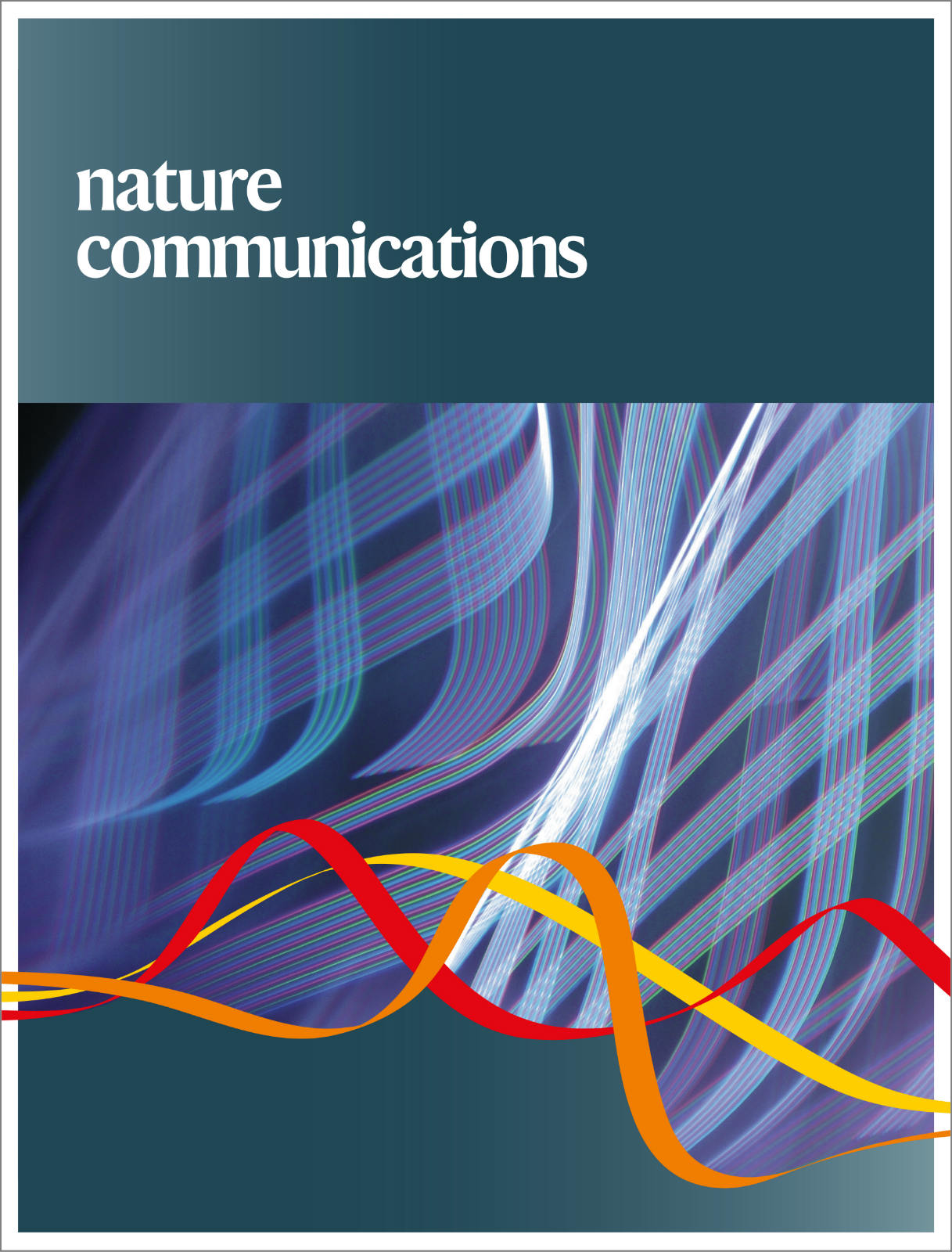Efficient active hydrogen delivery for drug-free radiation enteritis therapy in mice.
IF 15.7
1区 综合性期刊
Q1 MULTIDISCIPLINARY SCIENCES
引用次数: 0
Abstract
Radiation enteritis, affecting over 90% of pelvic/abdominal radiotherapy patients, is primarily caused by radiation-induced reactive oxygen and nitrogen species (RONS). Active hydrogens, with broad-spectrum RONS scavenging ability, show radioprotective potential but face delivery challenges due to the intestinal mucus barrier and short lifespan. Here, we show drinkable, self-thermophoretic sodium alginate/chitosan oligosaccharide-coated hydrogenated molybdenum oxide nanomachines (HxMoO3@SA@COSs) that exhibit near-infrared (NIR)-driven directional motility and sustained active hydrogen release. In a male mouse model of radiation enteritis, HxMoO3@SA@COSs overcome the mucus barrier, prolong intestinal retention, and deliver active hydrogen to injury sites, enabling precise enteritis therapy. Beyond RONS scavenging, the released hydrogen induces anti-inflammatory macrophage polarization, increases goblet cell abundance, and modulates gut microbiota, promoting intestinal repair. This hydrogen-based, drug-free strategy demonstrates superior efficacy in treating radiation enteritis.有效氢输送在小鼠无药放射肠炎治疗中的应用。
超过90%的盆腔/腹部放疗患者患有放射性肠炎,主要是由辐射诱导的活性氧和活性氮(RONS)引起的。活性氢具有广谱ron清除能力,具有放射防护潜力,但由于肠道粘液屏障和寿命短,面临递送挑战。在这里,我们展示了可饮用的、自热电泳的海藻酸钠/壳聚糖低聚糖包被氢化氧化钼纳米机器(HxMoO3@SA@COSs),它具有近红外(NIR)驱动的定向运动和持续的活性氢释放。在放射性肠炎的雄性小鼠模型中,HxMoO3@SA@COSs克服了粘液屏障,延长了肠道保留时间,并将活性氢输送到损伤部位,从而实现了精确的肠炎治疗。除了清除活性氧自由基外,释放的氢还能诱导抗炎巨噬细胞极化,增加杯状细胞丰度,调节肠道微生物群,促进肠道修复。这种以氢为基础的无药物策略在治疗放射性肠炎方面显示出优越的疗效。
本文章由计算机程序翻译,如有差异,请以英文原文为准。
求助全文
约1分钟内获得全文
求助全文
来源期刊

Nature Communications
Biological Science Disciplines-
CiteScore
24.90
自引率
2.40%
发文量
6928
审稿时长
3.7 months
期刊介绍:
Nature Communications, an open-access journal, publishes high-quality research spanning all areas of the natural sciences. Papers featured in the journal showcase significant advances relevant to specialists in each respective field. With a 2-year impact factor of 16.6 (2022) and a median time of 8 days from submission to the first editorial decision, Nature Communications is committed to rapid dissemination of research findings. As a multidisciplinary journal, it welcomes contributions from biological, health, physical, chemical, Earth, social, mathematical, applied, and engineering sciences, aiming to highlight important breakthroughs within each domain.
 求助内容:
求助内容: 应助结果提醒方式:
应助结果提醒方式:


